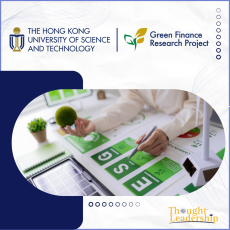The researchers employed a mix of Q-methodology and in-depth interviews to track and measure changes in students' sustainability preferences before and after the course. By grouping students with similar initial preferences, they could pinpoint the most significant attitude shifts and phases of transformation, while the interviews provided rich, individual insights.
The results were striking. The course not only heightened students' awareness and understanding of sustainability but also led to tangible changes in their behaviour. Students began favouring environmentally friendly products and exhibited a stronger commitment to sustainable practices in their future careers and community roles. The study underscores the vital role of sustainability education in shaping responsible global citizens.
As one enthusiastic student noted, "I suddenly noticed that I do not buy tomatoes in the store if there is no unpackaged version; I rather look for other vegetables". This highlights the profound and practical impact of the course, demonstrating how education can drive real-world change.
READ THE ARTICLE HERE
Read the article to gain new perspectives and learn about the practical implications for evaluating and embracing the transformational potential of sustainability courses!





